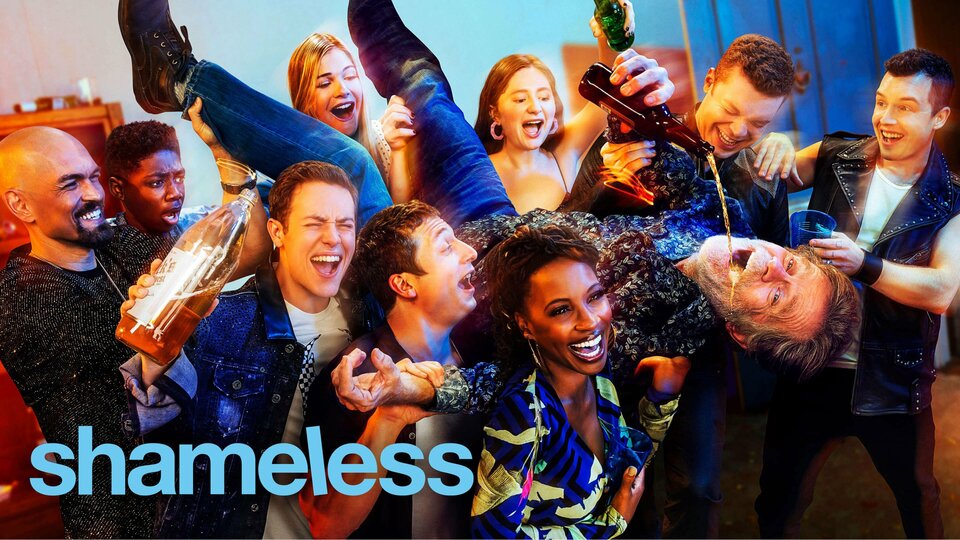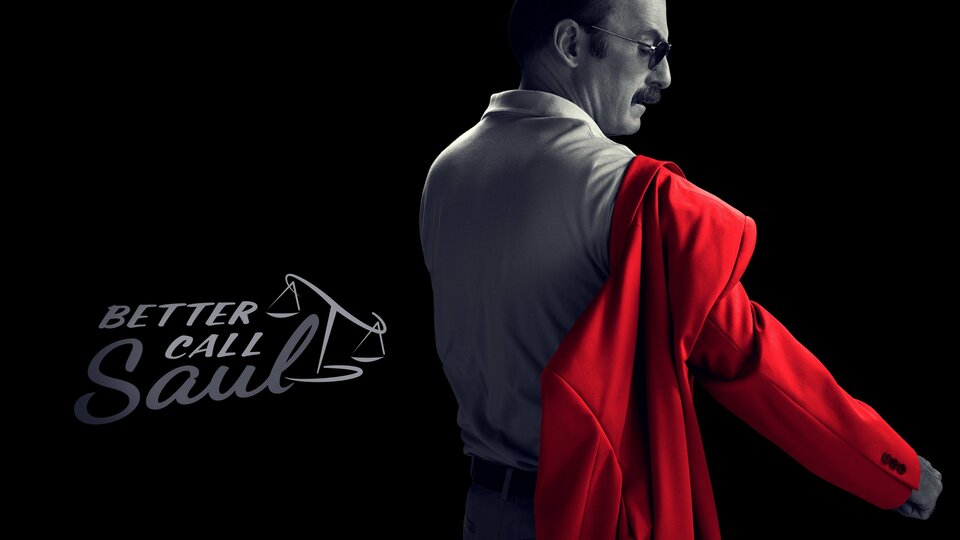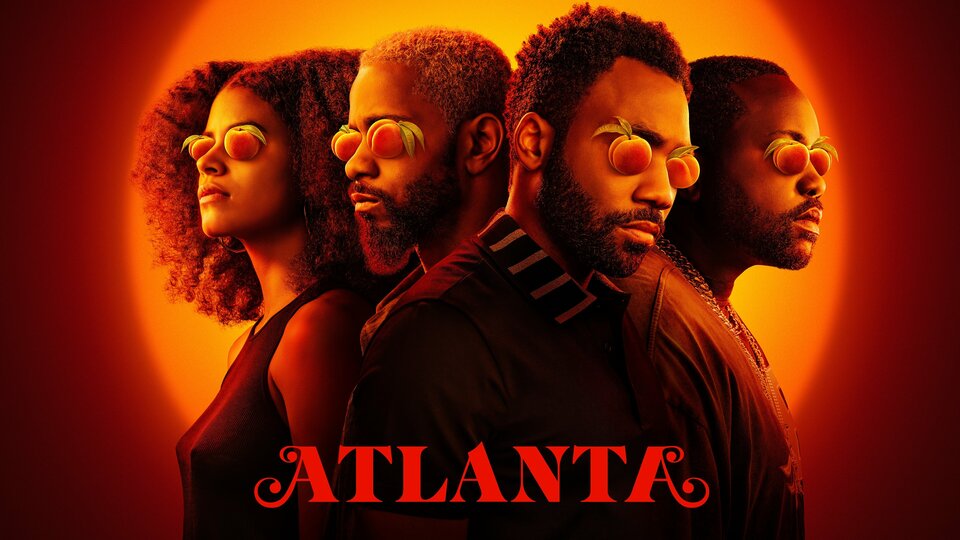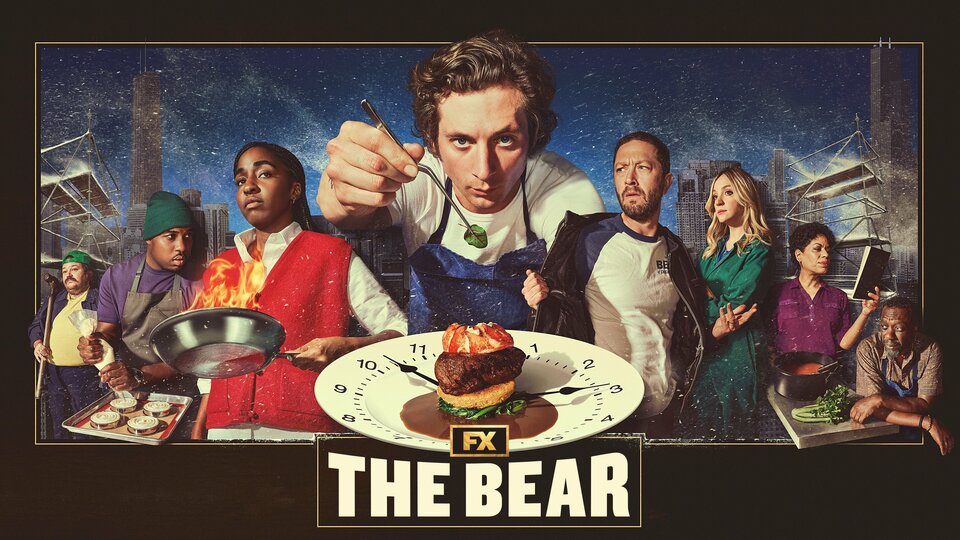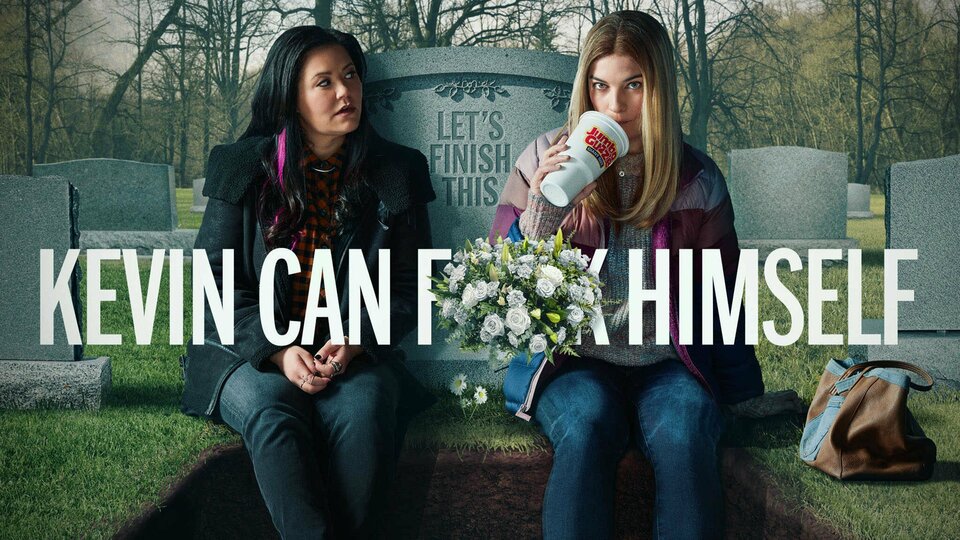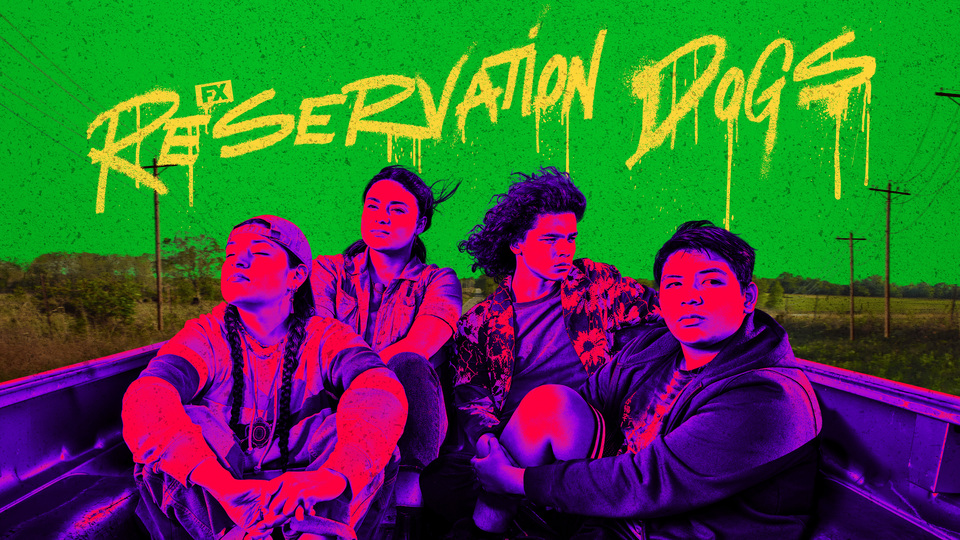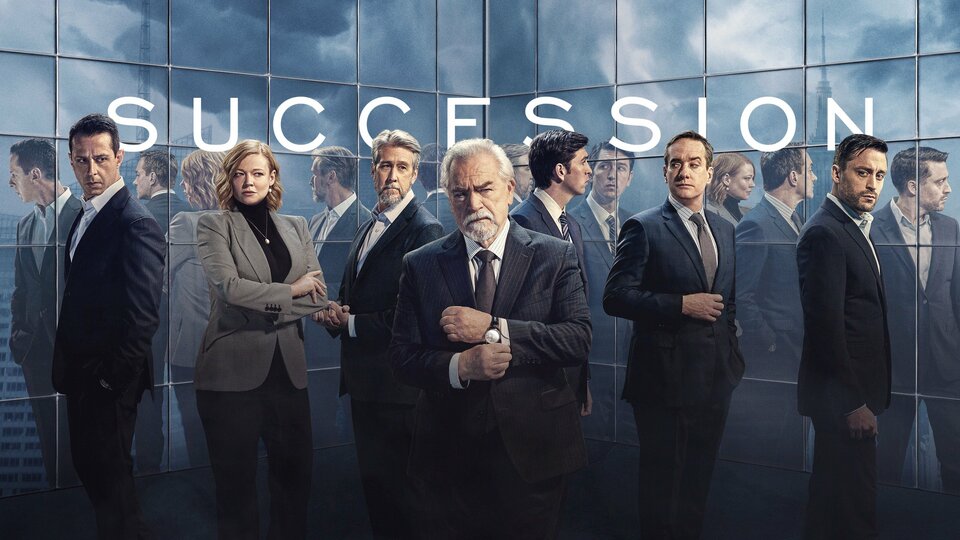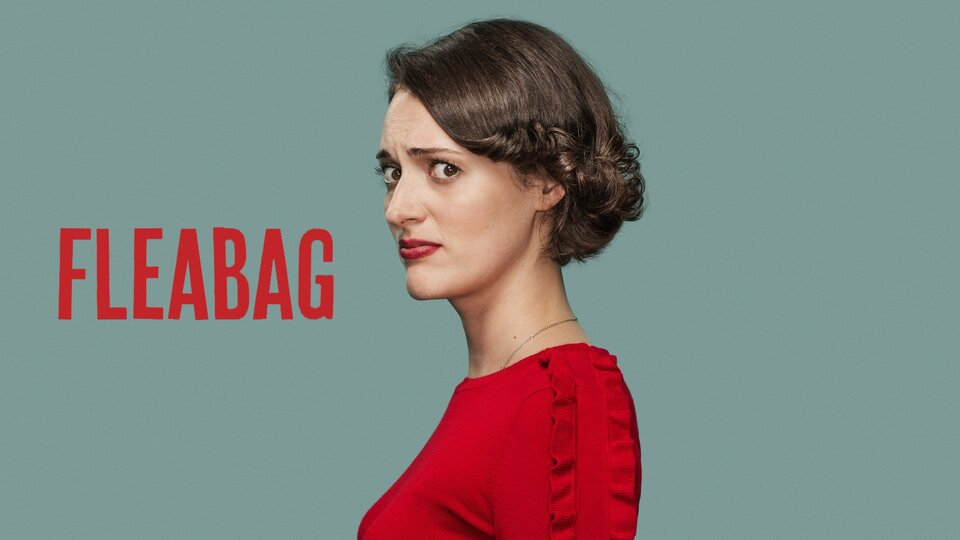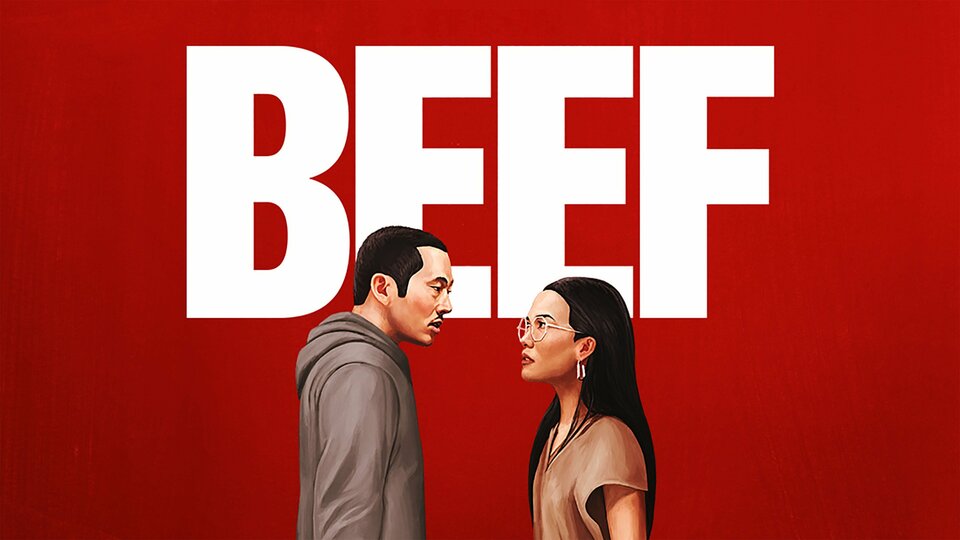10 Best Tragicomedy Series of All Time, Ranked
Comedy and tragedy are two genres that work exceptionally well together in television. Tragedies are entertaining; we yearn to watch terrible things on-screen because they speak to our experiences. Tragedies allow us to feel deeply, find meaning in ourselves, and ground our actions. But when paired with comedy, it creates a beautiful balance that gives viewers a break from life’s most brutal moments. These stories fall under the umbrella of “tragicomedy.”
Tragicomedies make us feel a range of emotions like never before. Take the claustrophobic kitchen from The Bear, for example, where Carmy (Jeremy Allen White) grapples with his brother’s death while screaming and yelling his way through every dish served. Or Jimmy (Jason Segel) from Shrinking, who curses Phoebe Bridgers for making him cry while riding a bike. And maybe there’s something relatable to be found in Fleabag when Hot Priest (Andrew Scott) says, “It’ll pass.”
Here, we rank the 10 best tragicomedy series of all time, titles that are guaranteed to have you laughing while reaching for a box of tissues.
Shameless
It’s rare for a television show to run for eleven seasons, but the Shameless team pushed creative boundaries like never before, offering viewers a refreshing recklessness that is entertaining and saddening. The Gallagher family is undoubtedly one of the most complicated on television. The eldest daughter, Fiona (Emmy Rossum), has been left to take care of her five rambunctious siblings, Lip (Jeremy Allen White), Carl (Ethan Cutkosky), Ian (Cameron Monaghan), Debbie (Emma Kenney), and Liam (Christian Isaiah) because of their absent mother and alcoholic father, Frank (William H. Macy), who’s always out on his side adventures. The show follows the poor family living in the South Side of Chicago and consistently introduces unique plot lines that challenge the family’s already hectic life.
Better Call Saul
Better Call Saul is nothing like Breaking Bad. It requires patience. The spinoff can easily be watched by someone who’s never seen its predecessor, but there are some moments that require background knowledge. Still, the prequel blows the original out of the park when it comes to its stellar visuals, and it delivers eccentric characters in a slow-paced legal drama. Jimmy McGill, known by his business name as the conniving and self-centered, flashy-suit-wearing lawyer Saul Goodman (Bob Odenkirk), has the show he deserves. The viewer gets immersed in the lawyer’s life in the beginning and aftermath of his career. He struggles with himself and his morals and is a character that the viewer empathizes with despite his flaws. His brother, Chuck (Michael McKean), the only family he has left, hates him and does everything to ensure he fails. And then there’s Kim (Rhea Seehorn), a tough but loving lawyer who is the complete opposite of Saul. She’s the only one who sees how unfairly he is treated and wants him to succeed. It’s a beautiful and heartbreaking watch at the same time.
Shrinking
Jimmy Laird (Jason Segel) is a therapist tired of asking people, “How does that make you feel?” He wants to be brutally honest and tell his patients what they should actually do to fix their problems. In Season 1 of Shrinking, he’s shown holding his phone up to his mouth and saying, “Hey Siri, play ‘I Know The End’ by Phoebe Bridgers,” before biking down the street sobbing and crashing into a car. He’s grieving the sudden death of his wife and is trying to keep it together so he can parent their grieving daughter. But he’s not the only one struggling. All the characters in the show have their conflicts. Paul (Harrison Ford), his boss, is trying to grapple with his own Parkinson’s diagnosis. And his colleague, Gaby (Jessica Williams), is getting divorced. The interactions between Paul and Jimmy are hilarious but also heartfelt, and things have only gotten better in Season 2. The show, fueled by grief and trauma, challenges the viewer to think about how they cope with tragedy in healthy and unhealthy ways. It reminds us that we are human and not alone in our struggles, especially in how we handle our problems, because that’s what it means to be alive.
Atlanta
The tragicomedy series created by and starring Community star and Grammy-winning musician Donald Glover (aka Childish Gambino) stands out as one of his most creative works ever. He beautifully morphs his humor, surrealism, and creativity into everything that makes the show groundbreaking. Glover plays Earn, an intelligent, quiet, hardworking father in an on-and-off relationship with his girlfriend, Vanessa (Zazi Beetz). They never fail to do what’s best for their daughter. We see the genius of Glover’s writing (along with series co-creator Francesca Sloane) and creativity through the plot and characters who are relatable and genuine. There’s Earn’s cousin Alfred (Brian Tyree Henry), known for his rap persona, Paper Boi. And then there’s Darius (Lakeith Stanfield), the most eclectic character. He’s quiet, calm, and keeps to himself but gets immersed in the most randomly hilarious side quests that poke at social issues in America. Each episode of the series is a story within a story. Everything and anything happens. There are funny scenes, but there’s always an undertone that Glover morphs through the lens of Black American culture.
The Bear
Who knew a sandwich shop could be tense and make you want to yell “corner” and “behind” on your daily travels? The chain-smoking, disheveled, hair-fiddling Carmy (Jeremy Allen White) is a quirky, attractive, misunderstood chef with a cursing habit who is trying to piece his dead brother Michael’s (Jon Bernthal) sandwich shop back together. Not only is he grappling with the traumatic aftermath of his brother’s suicide, but he also has a business to run. The show comically portrays the grueling realities of working in the food industry and accurately depicts the different types of people one who has worked in the food industry would find familiar. There’s edgy “cousin” Richie (Ebon Moss-Bachrach), Mikey’s best friend who has worked at the shop longer than Carmy; Tina (Liza Colón-Zayas), a tough and stubborn line cook who fights with Sydney (Ayo Edebiri), the new sous-chef Carmy hires; and many more characters with separate storylines that easily make them all main characters. The show is a masterpiece in its frenetic cinematography that meets the same energy as the acting. Closeups and quick clips portray a stressful, fast-paced environment where food is dished out to hungry customers. These details make the viewer feel what it would be like to be in a claustrophobic kitchen or a messy apartment, which are also physical representations of these characters’ chaotic inner worlds.
Kevin Can F… Himself
Think of your average sitcom TV couple. They often depict a lazy man who tends to do nothing except quirky side quests and has an intelligent, sarcastic wife who solves all his problems. Kevin Can F… Himself depicts just that. The first episode starts in the multi-cam sitcom format, with a highly saturated filter and Allison (Annie Murphy) asking husband Kevin (Eric Petersen) if they could have a nice dinner for their anniversary instead of a party, to which he interjects before she even gets the word dinner out, “like a threesome?” A laughing track plays over the crass response as she stares at the floor. When Allison leaves the room, the show switches genres entirely to a single-cam drama, where all the oversaturated colors are gone. There’s no laughing track, and the cinematography has changed. It’s only the moments when Allison’s not in the same room as her husband that she can be herself, not a background character. The switching between camera styles and genres is evocative and emphasizes the reality that some sitcoms aren’t funny at all; they’re just offensive. It also makes a compelling watch when the viewer finds out Allison is so tired of her manipulative and narcissistic husband’s actions that she starts fantasizing about killing him. Whether her fantasies become a reality is for the viewer to find out. It’s a brilliant criticism of how husbands and wives have long been depicted for TV laughs.
Reservation Dogs
Reservation Dogs arguably transcends all genres, but it excels beautifully in the boundaries of a tragicomedy. The writing and acting are spectacular, not to mention the show is created by the talented Sterlin Harjo and Taika Waititi. It offers an original perspective of Indigenous communities on reservations in the United States. The show follows teenagers Bear (D’Pharaoh Woon-A-Tai), Elora (Devery Jacobs), Willie Jack (Paulina Alexis), and Cheese (Lane Factor), who live on a reservation in Ohio and call themselves the “Reservation Dogs” as they attempt to raise money to escape to California through a crime spree. The show depicts the present reality of the violent history of genocide of Indigenous peoples. Each episode of this coming-of-age story beautifully portrays their daily lives and generational anger and grief that leave the viewer hooked and offer them an understanding of an open wound that will only be healed by rethinking how we view history.
Succession
The Roy family is, unfortunately, the American dream. Logan Roy (Brian Cox) is a self-made billionaire who made his money for the small price of screwing over others and turning his four children against one another. As he ages and battles illnesses, his four children — Kendall (Jeremy Strong), Connor (Alan Ruck), Roman (Kieran Culkin), and Shiv (Sarah Snook) — fight to be named his successor. Their obscene wealth makes them bad people to start, and none of them get better as the series evolves. Even the awkward, less-wealthy cousin Greg (Nicholas Braun), who starts out just trying to fit in with the elite family, devolves into a scumbag by the end. Who can blame them for how they turned out when they have enough money to control the world with shady deals, failed rocket launches, and presidential endorsements but will never feel the negative consequences of their business moves? For the majority of viewers, Succession is not relatable. The darkness of family order and company hierarchies balanced with the hilariousness of these spoiled children make it all worthwhile, and it brings a refreshing narrative to TV that makes waves.
Fleabag
Phoebe Waller-Bridge is her most insufferable self in Fleabag. That’s why it’s so genius. Her dry, unnamed character, who we only know as Fleabag, is a comical character navigating her way through ill-fitted relationships in the first season. We get to know Fleabag better through her fourth-wall breaking comments to camera, which evolve in thrilling fashion in Season 2 as Fleabag finds a real emotional connection. We understand her and her struggles through her best friend Boo’s (Jenny Rainsford) death, for which Fleabag blames herself. And this is compounded by the grief of her mother’s death as well, an event that fundamentally shifts her family’s dynamic. The second season shifts when she becomes involved in her steamy, soulmate-type relationship with Hot Priest (Andrew Scott). There are just as many hilarious moments as there are trauma-filled, cynical scenes that will have you ready to reach for a box of tissues. The show beautifully portrays the unfortunate reality that one’s life could consist of more suffering than pleasure, but sometimes you’re also creating that suffering yourself and the key to ending that cycle is asking yourself why.
Beef
The eight-time Emmy-winning series tests the viewer’s patience when a handyman named Dani (Steven Yeun) gets into a loud, road rage-fueled car chase with Amy (Ali Wong), the CEO of a plant company, all within five minutes of the first episode. What seems like a once-in-a-lifetime rom-com coincidence of meeting your soulmate takes a dark and twisted approach. Amy and Danny cannot let their anger go after the car chase; they want more. Their interactions escalate further in each episode as they try to get rises out of each other, like when Danny pees all over Amy’s renovated bathroom and when Amy catfishes Danny’s younger brother, Paul (Young Mazino), among other humorous and anxiety-inducing events. The show is nothing like we’ve seen before, where the viewers glimpse at the lives of two messy, flawed, manipulative, damaged people. As absurd as their actions may seem, it’s the most accurate and raw depiction of repressed emotions and trauma. The story is original, the acting is on point, and the cinematography is stunning. It’s groundbreaking and the definition of a tragicomedy.

